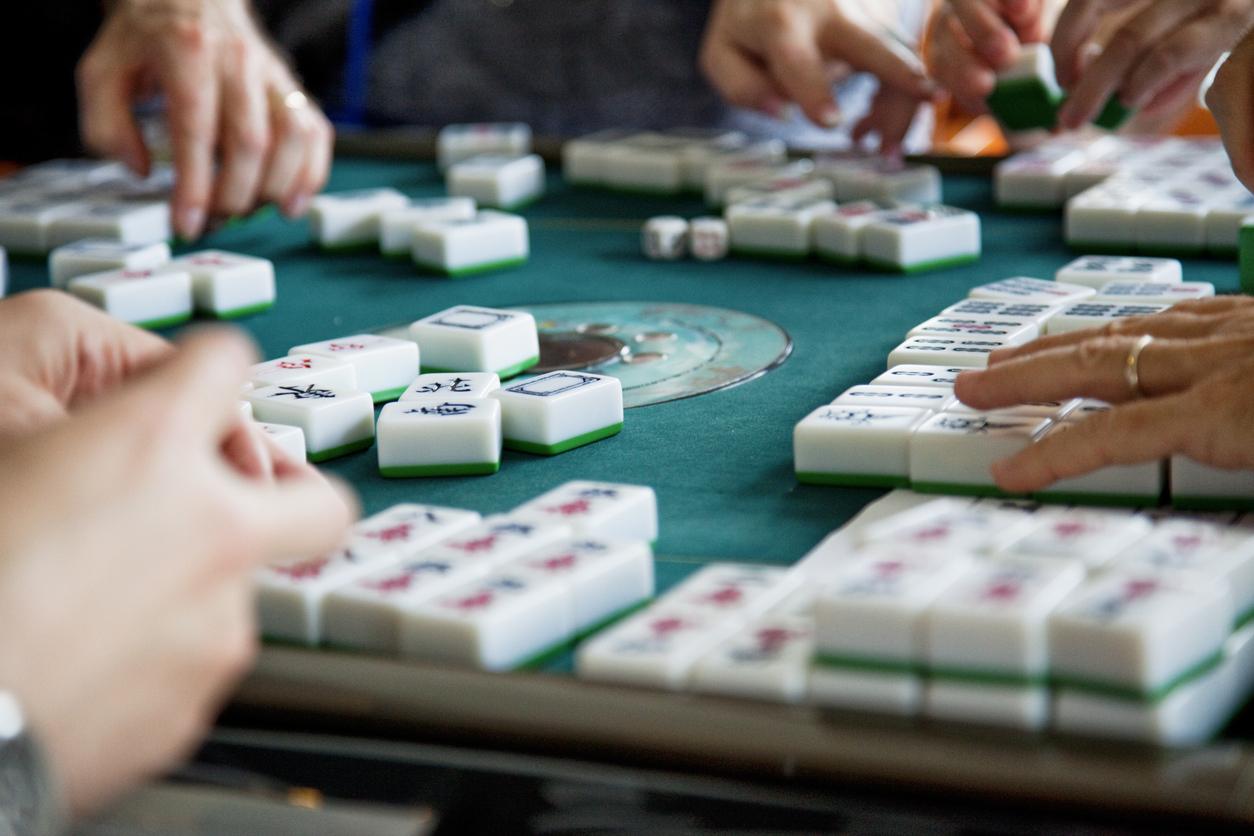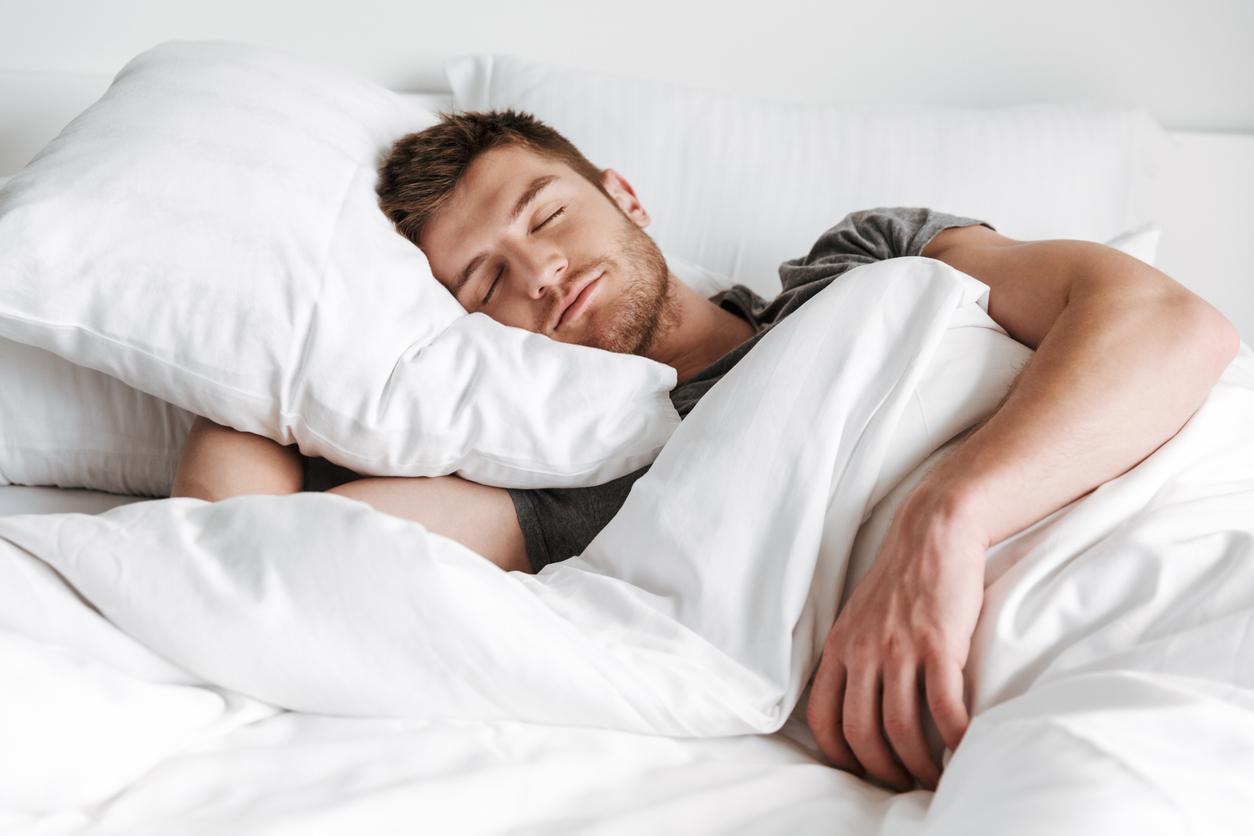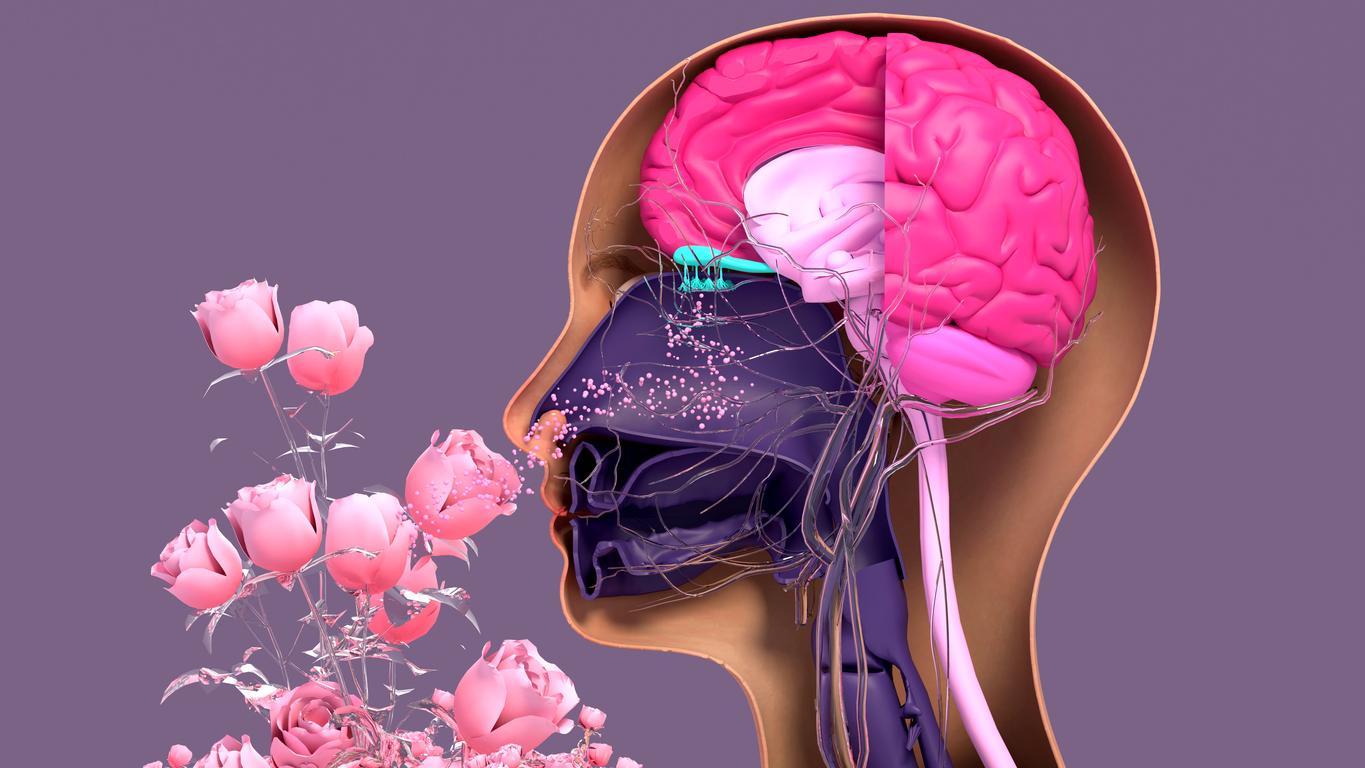Thanks to the smell of a rose, researchers have developed a new technique to strengthen memory during sleep. Ultimately, it could help treat patients after brain damage or people with post-traumatic stress disorder (PTSD).

- Good sleep is essential to strengthen cognitive functions
- Researchers have developed a technique that uses the sense of smell to improve memory functioning during sleep
- This is a new avenue for treating brain damage or post-traumatic stress
During the night, the memory consolidates. It has been proven time and time again that good sleep is essential for boosting cognitive functions. Today, researchers have succeeded in developing an innovative technique using smell to strengthen memory during sleep. This work was published in the journal Current Biology March 5. Ultimately, this technique could contribute to restoring memory capacities after brain damage or treating people with post-traumatic stress disorder (PTSD). Because for the latter, memory often serves as a trigger.
“We know that a process of memory consolidation takes place in the brain during sleepexplains Ella Bar, doctoral student at the Weizmann Institute of Science (Israel), in the preamble to the article. For long-term memory storage, information gradually moves from the hippocampus—a region of the brain that serves as a temporary buffer for new memories—to the neocortex. However, how this transition occurs remains an unsolved mystery.“.
Assuming that memories associated with locations on a person’s left side are primarily stored in the right hemisphere of the brain and vice versa, Ella Bar’s team and researchers from Tel Aviv University (TAU) exposed participants to the scent of a rose while presenting them with words on the left or right side of a computer screen. After being asked about the location of the words, the participants took a nap in the lab. As they slept, the scent of the roses was once again administered to them, but this time through a single nostril.
“This method may have clinical applications”
This unilateral diffusion allowed researchers to reactivate and stimulate specific memories stored in a specific cerebral hemisphere. The scientists also took advantage of the participants’ sleep to record their brain’s electrical activity. The results showed that diffusing rose scent into a single nostril resulted in different sleep waves in the two hemispheres. The one receiving the perfume thus revealed better electrical signatures of memory consolidation during sleep. Finally, after waking up, the subjects were asked to take a second memory test on the words they had been exposed to before the nap.
“By triggering consolidation processes in only one side of the brain during sleep, we were able to compare activity between hemispheres and isolate the specific activity that corresponds to memory reactivation.”explains Professor Yuval Nir, who participated in the study.
“Our results highlight that the process of memory consolidation can be amplified by external cues such as odors. (…) Using the special organization of the olfactory pathways, memories can be manipulated locally on one side of the brain. Our finding demonstrates that memory consolidation likely involves a nocturnal ‘dialogue’ between the hippocampus and specific regions of the cerebral cortex.”adds Ella Bar.
“Beyond promoting basic scientific understanding, we hope that in the future this method may also have clinical applications. For example, post-traumatic patients show higher activity in the right hemisphere when recalling a trauma, possibly related to its emotional content. The technique we have developed could potentially influence this aspect of memory during sleep and decrease the emotional stress that accompanies the recall of the traumatic memory. Additionally, this method could be developed to aid in rehabilitation therapy after unilateral brain injury due to stroke. Subjects’ memory was significantly better for words presented on the odor-affected side than for words presented on the other side.concludes the researcher.
Nightmares, anxiety, hyper-vigilance…
The phenomenon of “post traumatic stress” has been known since antiquity. “Sparta’s soldiers (400 BC) were already entitled to a disability pension because of mental disorders related to combat!”explained the psychiatrist Eric Caillon to the Parisian last June following the suicide of a survivor of the Bataclan attacks. However, it was since the Vietnam War that this term became popular in the 1970s.
This state occurs in people who have experienced a situation during which their physical or psychological integrity or that of those around them has been threatened or affected. In some countries in difficulty, up to 12% of the population lives with the disorder. Patients report nightmares, flashbacks of traumatic events, anxiety, fear, and hypervigilance. They also evoke emotional numbness, anger, and violent behavior, as well as drug and alcohol abuse. Indeed, it happens thatdepression is complicated by addictive disorders (alcohol consumption) or lasting personality changes: permanent sadness, loss of recklessness or invulnerability due to closeness to death. This changes their relationship to existence with an impact on daily life or that of loved ones”explained Eric Caillon.
If there is appropriate psychiatric care for patients, it often happens that they are not taken seriously by those around them, family or professional. However, to overcome this chronic disease, the support of loved ones is essential.

.

















